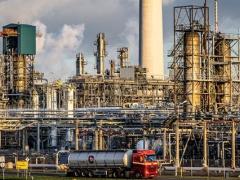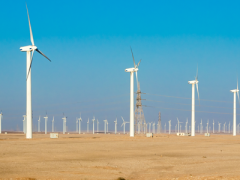Growing within limits. A report to the Global Assembly 2009 of the Club of Rome
Current trends in fossil-fuel use and inefficient land use will lead to large global environmental problems with respect to climate change and biodiversity loss. Technical and economically feasible options are available to meet the challenge to avoid these problems. The main issue is that of creating institutional and policy conditions for a more sustainable economy.
Averting global environmental problems is feasible and affordable
Unabated current trends lead to significant global environmental impacts
Current and projected future trends indicate an unprecedented increase in average human welfare – but at the cost of further degradation of the global environment. Two key challenges in this respect are to ensure a sustainable energy supply while avoiding climate change, and to ensure food security while preventing dramatic biodiversity loss. Business-as-usual is expected to lead to an increase in average global temperature of 4 °C by 2100, and to a further worldwide loss of biodiversity of 15% by 2050.
There is sufficient technical and economic potential to correct current trends
These days, the risks of the ‘Business-as-usual’ scenario are well understood and could severely threaten the sustainability of human society. However, there is sufficient potential to correct current trends. Climate change and biodiversity loss can be limited by implementing policy packages aiming at zero-carbon energy options, energy efficiency, ecosystem conservation, higher agricultural yields and lifestyle changes. The economic impacts are expected to be modest, despite considerable investment needs.
Key challenges are in the institutional conditions to bring about a fundamental transition
The most significant challenge is to create the appropriate institutional conditions spurring on the shift to innovation and fundamental transitions that will help bring about a ‘green’ economy. An integrated approach is crucial, given important trade-offs and synergies between climate change mitigation and biodiversity protection, and other important considerations, such as poverty reduction. Effective policies, in this context, require long-term targets and strict regulations. The current economic crisis might serve as an opportunity to foster this process of change.
Currently not as hardcopy available.
Authors
Specifications
- Publication title
- Growing within limits. A report to the Global Assembly 2009 of the Club of Rome
- Publication date
- 26 October 2009
- Publication type
- Publicatie
- Publication language
- Engels
- Product number
- 184




